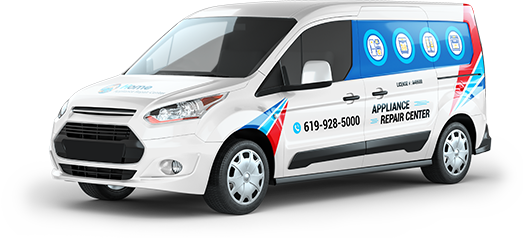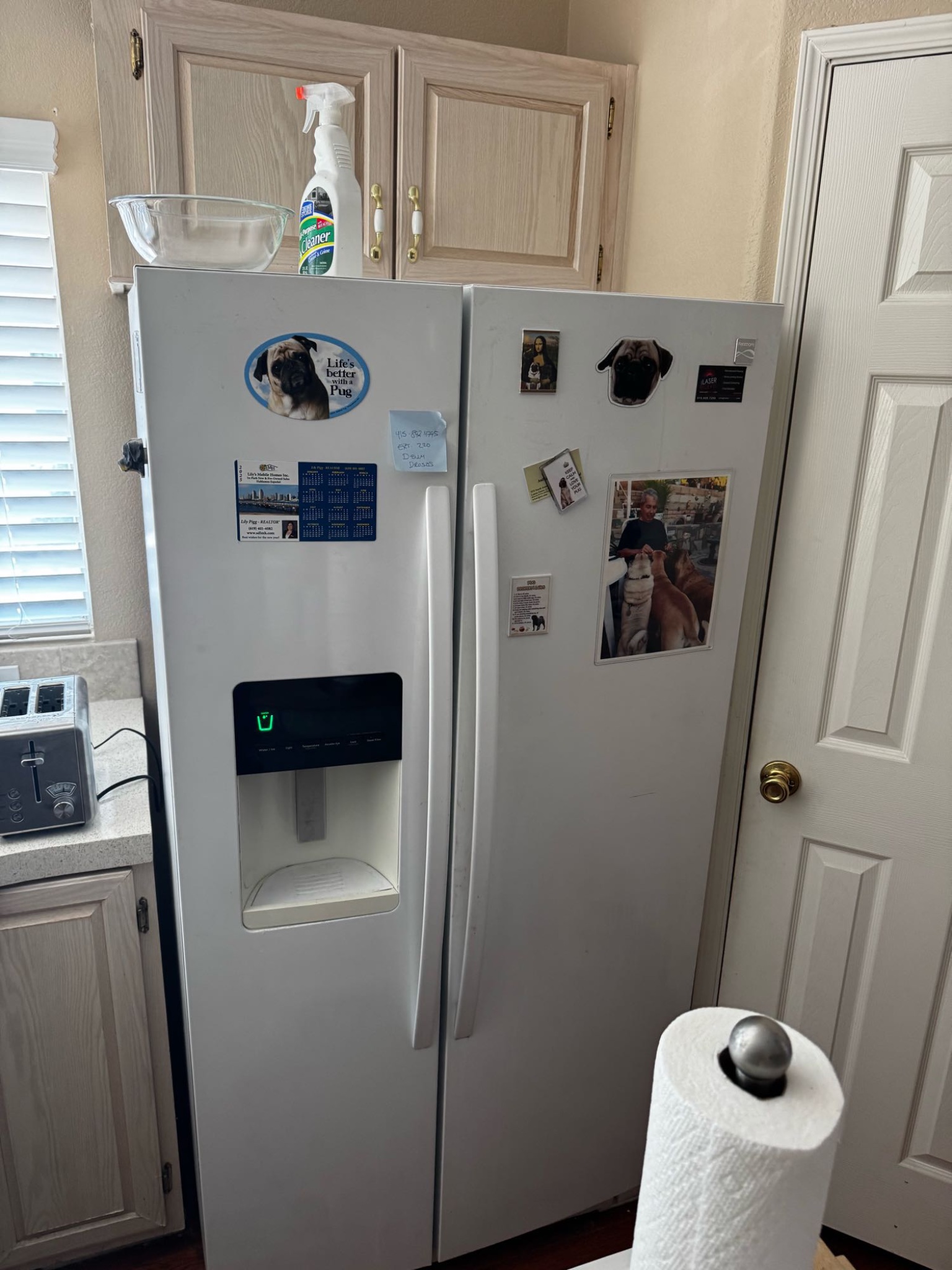A freezer is designed to keep food preserved by maintaining consistently cold temperatures. However, when ice begins to accumulate excessively on the walls, shelves, or around the vents, it’s a clear sign that something isn’t functioning correctly. Ice buildup not only reduces storage space but also interferes with airflow, making your appliance work harder and increasing energy consumption. The two most common causes behind this problem are a defective defrost heater and blocked air vents. Understanding these issues and how to address them can save you from costly food spoilage and help extend the life of your freezer.
Why Freezers Develop Ice Buildup
Ice forms when warm, moist air enters the freezer compartment. Normally, a defrost system and proper airflow regulate this moisture and prevent frost accumulation. But when critical components malfunction, the balance is disrupted. Instead of a frost-free interior, you may notice thick ice layers along the walls, at the back of the compartment, or near the air vents. This problem should not be ignored, as it often signals underlying mechanical or electrical issues.
Defective Defrost Heater
The defrost heater is a vital part of the automatic defrost system in modern freezers. Its job is to periodically heat the evaporator coils to melt away any frost that has formed. This melted frost then drains out of the freezer through a drain tube, keeping the interior free of ice.
When the defrost heater fails, frost and ice begin to accumulate on the evaporator coils and surrounding areas. Over time, this buildup restricts airflow and reduces cooling efficiency. Signs of a faulty defrost heater include:
- Excessive frost on the back panel of the freezer.
- Reduced cooling performance, with food not freezing properly.
- Unusual cycles of cooling and warming, as the evaporator coils cannot function efficiently.
If left unaddressed, the freezer’s compressor is forced to work harder, which can shorten its lifespan and increase your utility bills. Replacing or repairing the defrost heater is essential to restore your freezer’s normal operation.
Blocked Air Vents
Air circulation inside the freezer is crucial for maintaining an even temperature throughout the compartment. Cold air flows from the evaporator coils through vents located at the back or sides of the freezer. If these vents become blocked, air cannot circulate properly, leading to uneven cooling and ice buildup.
Common causes of blocked air vents include:
- Overpacking the freezer. Storing too many items too close to the vents can obstruct airflow.
- Ice formation near the vents. Once ice starts building up, it can further block circulation.
- Improper temperature settings. Very low temperatures can cause excess frost around the vent openings.
To prevent this, avoid overcrowding your freezer and make sure there is enough space for cold air to circulate freely. Regularly inspecting and clearing any ice from the vents can also help maintain efficiency.
Other Contributing Factors
While defective defrost heaters and blocked air vents are leading causes of ice buildup, other issues can worsen the problem, such as:
- Faulty defrost thermostat or timer. If these parts fail, the defrost cycle may not start or complete correctly.
- Damaged door gaskets. If the freezer door seal is worn, warm air enters the compartment, adding moisture that freezes.
- User habits. Frequently opening the freezer door or leaving it open for extended periods introduces excess moisture.
What You Can Do
There are a few simple steps you can take to minimize ice buildup:
- Check the door seals for cracks or wear and replace them if necessary.
- Avoid overloading the freezer to allow proper airflow.
- Manually defrost the freezer if you notice a significant ice layer, but recognize this is a temporary fix if the root issue is mechanical.
- Set the correct temperature (usually around 0°F / -18°C). Lower settings don’t improve food preservation but can increase frost.
However, when the problem is due to a defective defrost heater or another internal component, professional repair is the best solution. Attempting to handle electrical parts without expertise can lead to further damage or safety risks.
Why Timely Repair Matters
Ignoring ice buildup may seem harmless at first, but the consequences can be costly. Restricted airflow and inefficient cooling lead to:
- Spoiled food due to inconsistent temperatures.
- Higher energy bills, as the freezer works overtime.
- Potential compressor failure, a major repair that is far more expensive than addressing the issue early.
Timely professional repair not only restores your freezer’s efficiency but also helps you avoid unexpected breakdowns and replacement costs.
If your freezer is showing signs of ice buildup, it’s likely caused by a defective defrost heater or blocked air vents. Don’t wait until food spoils or the appliance completely fails. The skilled technicians at Home Appliance Service Center are ready to diagnose the problem and provide fast, reliable repairs.
With years of experience handling freezer and refrigerator issues, we’ll ensure your appliance runs smoothly and efficiently again. Contact Home Appliance Service Center today to schedule your service appointment and enjoy peace of mind knowing your freezer is in expert hands.
Contact us
 619-928-5000
619-928-5000  Request Service
Request Service 
